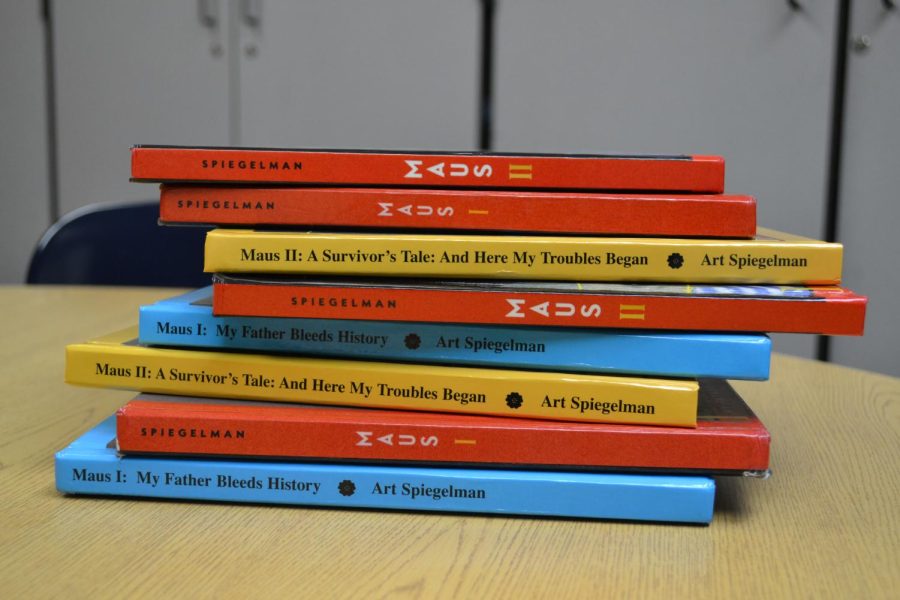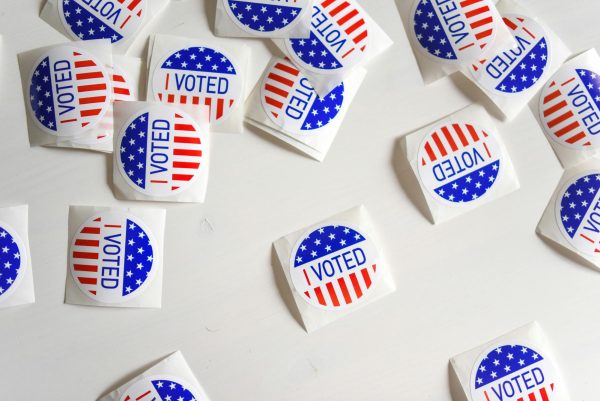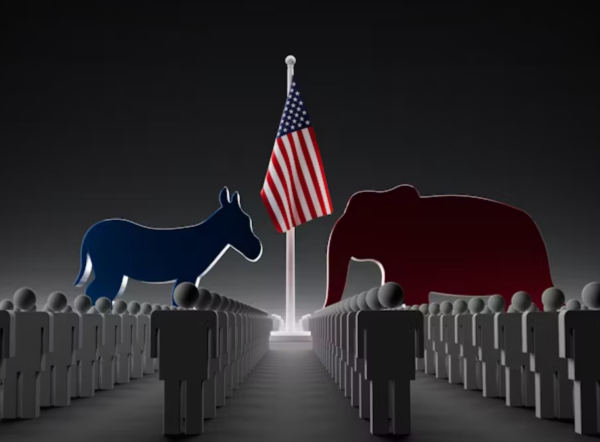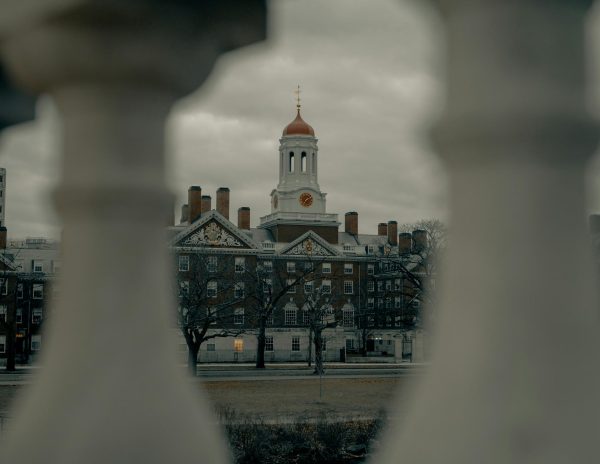OPINION: Banning books limits students’ perspectives
In 1925, Tennessee experienced the now famous Scopes Monkey Trials, in which high school biology teacher John Thomas Scopes,was tried for teaching evolution to his students, then against state law. Scopes was convicted under Tennessee’s anti-evolution laws for daring to educate students about scientific fact, in order to protect the public’s belief that science which contrasted scripture was inappropriate for students. Almost a century later, controversial educational restrictions in Tennessee have once again emerged.
At a Jan. 10 school board meeting in McMinn county, Tenn., the board’s eleven members unanimously voted to ban “Maus” by Art Spiegelman from the curriculum in the district. “Maus” is a biographical graphic novel which depicts the experiences of Spiegelman’s mother and father in both surviving the Holocaust and dealing with the resulting mental trauma. Within “Maus”, Spiegelman depicts Jewish people as mice and the Nazis as cats, representing the German’s complete lack of humanity in their predation and persecution of Europe’s Jews.
“Maus” is used in schools across the country, including West Essex, due to the efficacy of its visual elements in both portraying the horrors of the Holocaust as well as helping students to better comprehend this atrocity. In speaking with multiple different freshman English teachers who are tasked with teaching “Maus” at West Essex, all passionately disagreed with McMinn County’s decision. West Essex English teacher Diane Gray might have put it best that this seems to be just an excuse and an untruthful depiction of “Maus.” She also implores that we question the motives of those banning “Maus” because failing to understand the nature of hate positions society in a very dangerous place.
Along with the English department, Beth Vaknin, who teaches U.S. history and AP Government and Politics, emphasizes that parents dictating what their children learn in public schools sets a very concerning precedent. Schools are filled with educators, not idealogues, professionals who have students’ best interests in mind. Despite the educational benefits of using “Maus” in Holocaust curriculum, McMinn county cited nudity and use of expletives in their January decision.
The practice of banning books from public schools is incredibly problematic, especially since those most commonly removed deal with queer, racial and non-Christian themes. This issue is particularly accentuated in Holocaust literature since it often leads to either revisionism or a complete lack in education. Holocaust revisionism is the process in which an individual or group mischaracterizes or ignores the historical facts of the Holocaust, often to serve a personal agenda. While a clear example of anti-Semitism, Holocaust revisionism is not only toted by Neo-Nazis or white supremacists, but also those looking to escape the uncomfortable truth. In these attempts to minimize the Holocaust in order to curtail its depressing reality, these individuals further perpetuate modern, 21st century antisemitism.
“Maus” is as needed in school districts in 2022 as it was upon its initial publication, especially with anti-vaxxers likening themselves to victims of the Holocaust and recent spikes in anti-Semitic incidents. Only by providing comprehensive, in-depth Holocaust education, which “Maus” embodies, will the yellow stars with unvaxxed embrodered upon them disappear and the widespread distribution of anti-Semitic idealogies slow.






